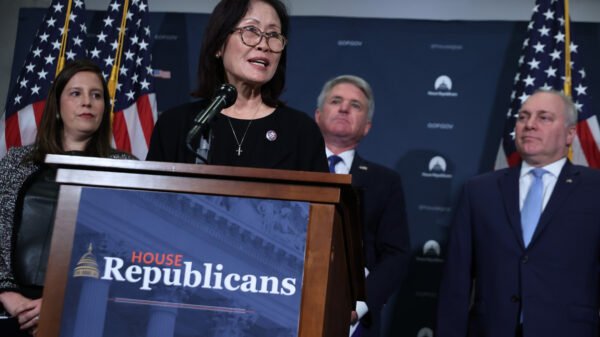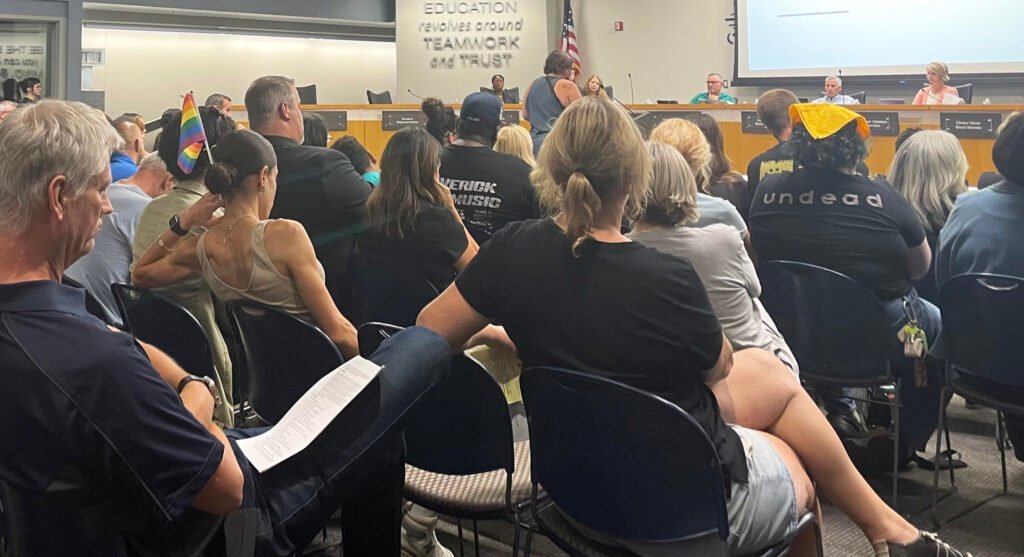California’s debate reaches far, stirring discussions in every corner. Within classrooms and homes, California’s issue is a fervent topic. As California’s debate on gender notification echoes, parents and districts weigh the implications, considering the balance between privacy rights and parental involvement.
The debate over whether parents or guardians should be notified about their child’s gender identity preferences is spreading across California school districts, with the latest discussion centering on the Clovis Unified School District in Fresno.
The Controversial Student Site Plan
At a recent school board meeting, concerns were raised about the Student Site Plan, a form used by the district to assess students’ needs for access to bathrooms and locker rooms. The form includes questions about students’ legal and chosen names, preferred pronouns, sex at birth, and gender identity. It also asks students about their preferences regarding restrooms and locker rooms. Notably, the district requires parents or guardians to be notified of any changes.
Opposing Voices
Many critics argue that the form could potentially force LGBT students to come out to their parents before they are ready, which could put the child in danger if their parents are unsupportive. Concerns were expressed during public comments at a recent board meeting.
District’s Perspective
District officials maintain that the plan aims to accommodate LGBT students while complying with the Family Educational Rights and Privacy Act (FERPA), which grants parents the right to access their child’s records. However, students have the right, under a 2014 law, to access school facilities consistent with their gender identity, irrespective of what’s listed on their school records.
The Evolving Form
According to district spokesperson Kelly Avants, the form was introduced as an option during the 2022-23 school year to allow students to change various aspects of their school experience according to their gender identity. Initially named the “Gender Acknowledgement Plan,” the form did not include parent notification. However, it was updated to include such notification due to privacy act laws.
Legal Confusion
Ms. Avants acknowledged the lack of clarity between federal and state laws, which has placed California school systems in a challenging position. She pointed out that while the state Department of Education advises against notifying parents of their child’s transgender identity without the child’s consent, federal laws grant parents rights to student records.
Legal Battles and Hopes for Clarity
California Attorney General Rob Bonta sued the Chino Valley Unified School District in August over their parent notification policy. A San Bernardino County Superior Court judge recently granted a preliminary injunction, halting the policy’s enforcement until its validity is decided at trial. Several other California school districts have implemented similar policies, while the Capistrano Unified School District became the first to reject such a policy in a recent vote.
In conclusion, the ongoing debate surrounding gender identity parental notification policies continues to raise complex legal and social issues, with no clear resolution in sight. Legal battles and varying interpretations of federal and state laws add to the challenges school districts face in navigating this complex issue.
































